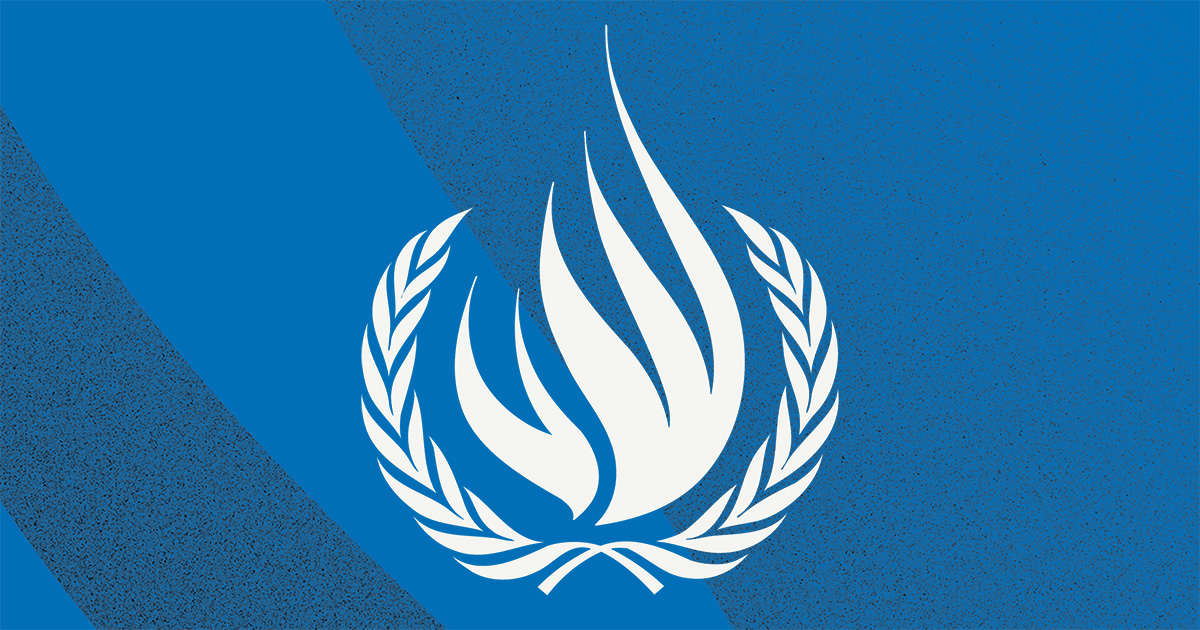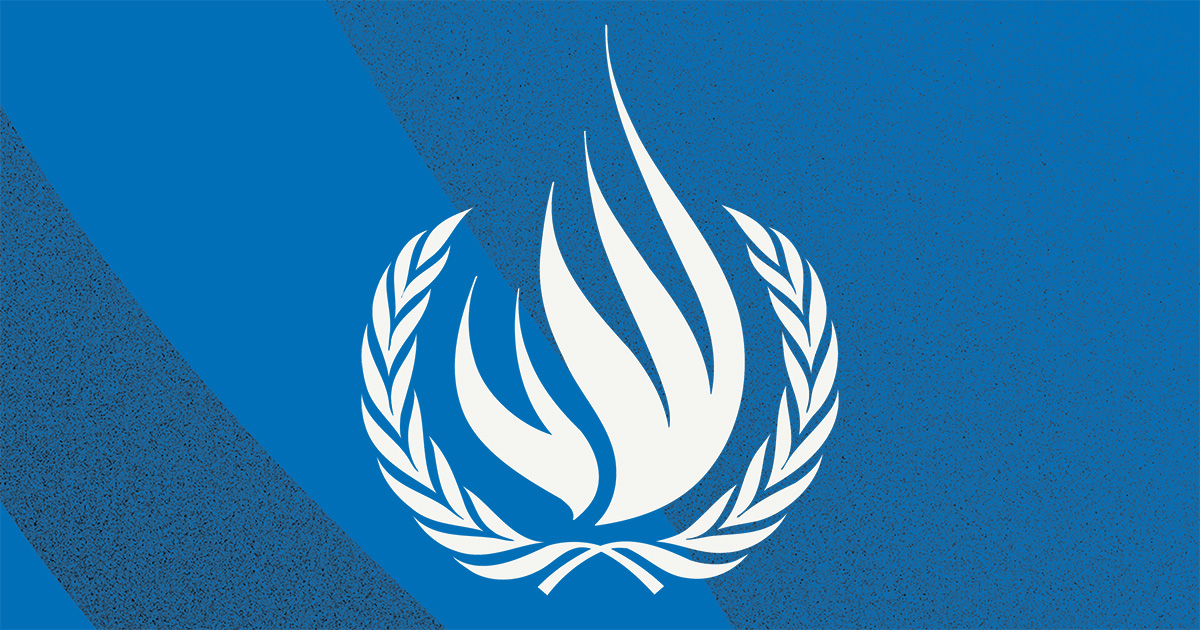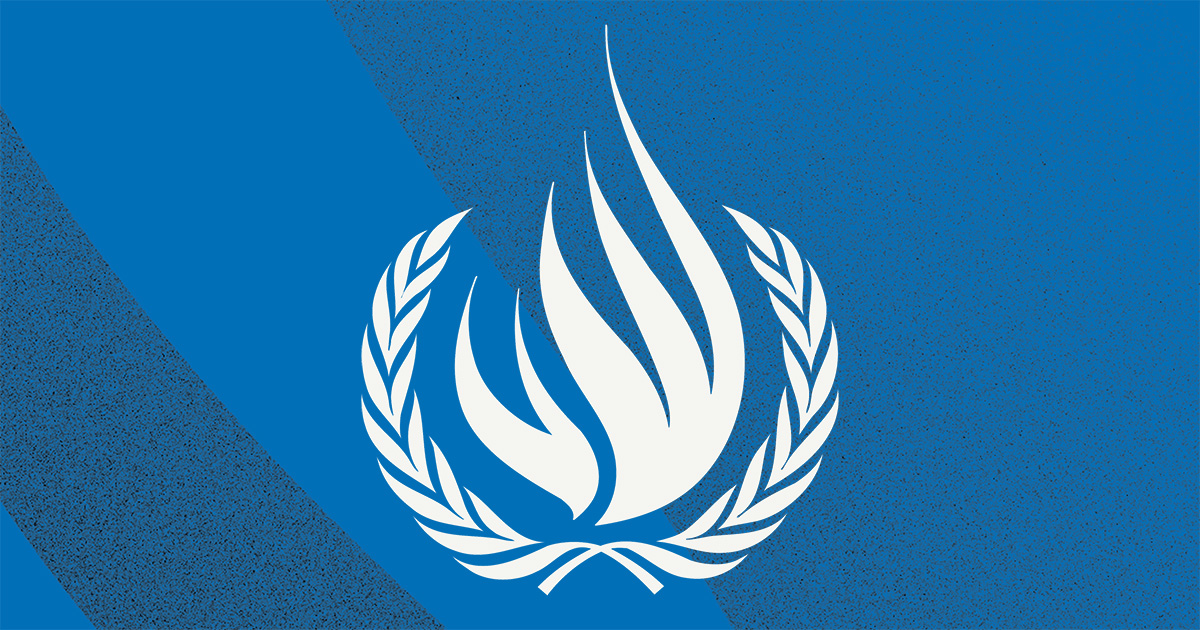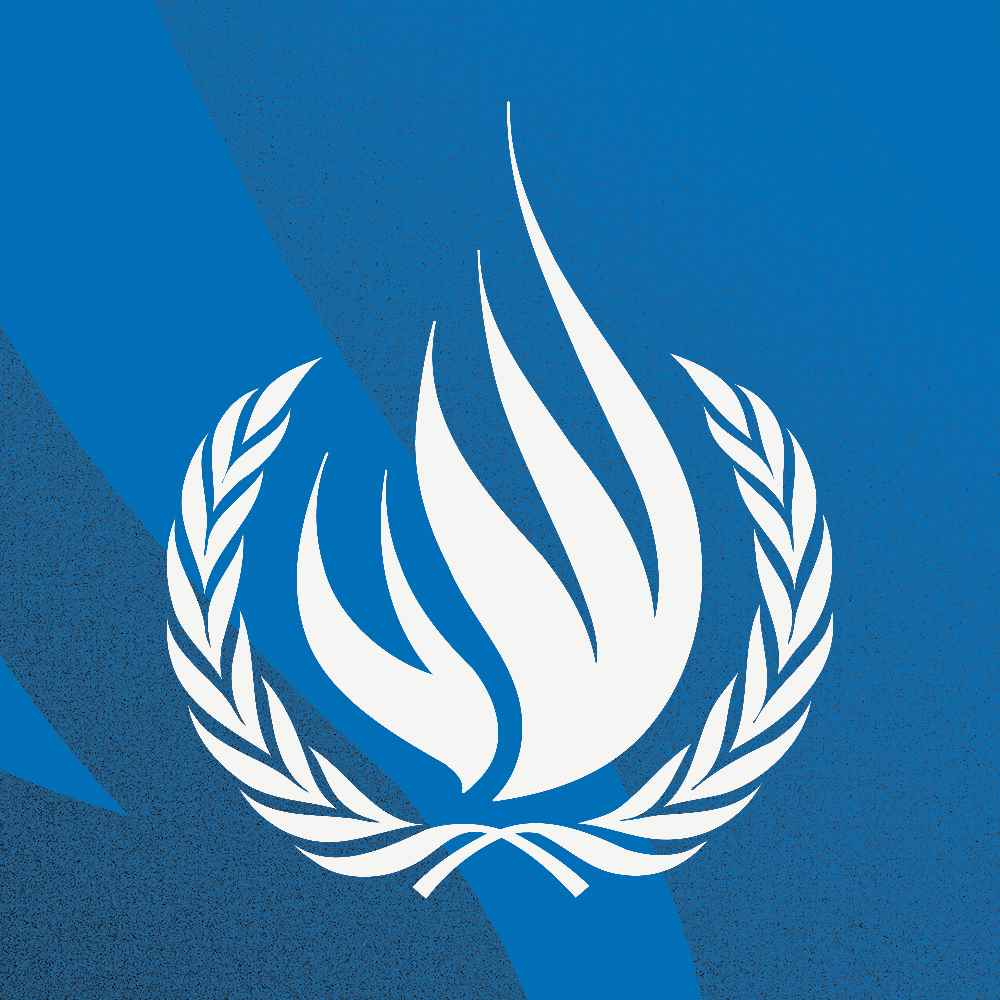
GENEVA (15 September 2022) –States have an obligation to respect and protect peaceful assemblies during crisis and emergency situations,UN and regional human rights experts urged in a joint declaration.
On World Democracy Day and ahead of the International Day of Peace, the UN Special Rapporteur on the rights to freedom of peaceful assembly and of association, along with experts from the African Commission on Human and Peoples" Rights (ACHPR), the Inter-American Commission on Human Rights (IACHR), and the OSCE Office for Democratic Institutions and Human Rights (ODIHR) raised concerns about the increasing use of crisis situations and declarations of the state of emergency to suppress peaceful assemblies around the world. The experts called on States to respect, protect, and facilitate peaceful assembly in times of emergencies.
“States must, at all times, respect the people’s rights to assemble and communicate their grievances, express opposition, challenge policies and advance ideas. Only by inclusion of the plurality of voices, can democracy thrive, and more sustainable solutions to ongoing and emerging crises be found,” the experts said.
The world is facing compounding crises stemming from intensifying political instability, security challenges and armed conflicts, as well as health and environmental emergencies. In the face of these emergencies, States often perceived assemblies as a threat and take undue measures to repress them and silence dissent, as the UN Special Rapporteur on the rights to freedom of peaceful assembly and of association previously highlighted in his recent report to the Human Rights Council.
In the joint declaration, the experts further urged States to refrain from the stigmatisation of individuals taking part in assemblies. States should further abstain from subjecting activists to arbitrary arrest and detention, killing, and sexual abuse, and from employing violence to suppress peaceful protests.
The experts stressed that States should ensure restrictions on assemblies are strictly in line with international human rights law, including when a state of emergency is declared in exceptional circumstances.
“Too often governments misuse states of emergency to impose undue restrictions on the right to freedom of peaceful assembly or violate the rights of those taking part in such assemblies. States have a clear obligation to protect fundamental human rights in the context of assemblies, including when a state of emergency is declared,” the experts said.
The experts further called on States to refrain from using unlawful or disproportionate force against assemblies, or from militarising the policing of assemblies. States must ensure law enforcement is trained in line with the international standards for the use of force and firearms, including the use of less lethal weapons; and ensure prompt and thorough accountability and full reparation of all violations.
“To strengthen democracy and prevent regressive trends leading to the rise of authoritarianism, States must make every effort to protect the right to peaceful assembly, including in emergency situations,” the experts said.
“The right to peacefully assemble is a fundamental freedom that strengthens democratic institutions and is essential for democracy’s very existence. Civil society, activists and rights-seeking protest movements should be treated as partners and not the enemy,” they said.
“This is also vital for peace-building and conflict-prevention as often repression of assemblies and the suppression of people’s voices can lead to more violent expressions of discontent,” the experts said.
The joint declaration provides key steps for reinforcing the protection of peaceful assembly in situations of emergencies and crises.
ENDS
*The experts: Mr. Clément Voule, United Nations Special Rapporteur on the rights to freedom of peaceful assembly and of association; Hon. Rémy Ngoy Lumbu, Chairperson of the African Commission on Human and Peoples" Rights (ACHPR) and Special Rapporteur on Human Rights Human Rights Defenders and Focal Point on Reprisals in Africa; Mr. Pedro Vaca, Special Rapporteur on Freedom of Expression of the Inter-American Commission on Human Rights (IACHR), and the OSCE Office for Democratic Institutions and Human Rights (ODIHR).
The UN Special Rapporteurs are part of what is known as the Special Procedures of the Human Rights Council. Special Procedures, the largest body of independent experts in the UN Human Rights system, is the general name of the Council’s independent fact-finding and monitoring mechanisms that address either specific country situations or thematic issues in all parts of the world. Special Procedures experts work on a voluntary basis; they are not UN staff and do not receive a salary for their work. They are independent from any government or organisation and serve in their individual capacity.
For more information and media requests, please contact:
Hélène Pilloud (helene.pilloud@un.org) at the Office of the UN High Commissioner for Human Rights, team of the UN Special Rapporteur on the rights to freedom of peaceful assembly and of association; Flavia Daza (fdaza@oas.org) at the office of the Special Rapporteur on Freedom of Expression of the Inter-American Commission on Human Rights; Anita Bagona (BagonaA@africa-union.org ) or (au-banjul@africa-union.org) at the African Commission on Human and Peoples" Rights (ACHPR); Katya Andrusz (katya.andrusz@odihr.pl) at the OSCE Office for Democratic Institutions and Human Rights (ODIHR).
For media inquiries related to other UN independent experts please contact
Renato Rosario De Souza
(renato.rosariodesouza@un.org) or
Dharisha Indraguptha
(dharisha.indraguptha@un.org)
Follow news related to the UN’s independent human rights experts on Twitter: @UN_SPExperts.
Concerned about the world we live in?
Then STAND UP for someone’s rights today.
#Standup4humanrights
and visit the web page at http://www.standup4humanrights.org









